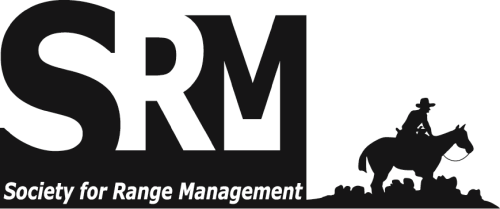Global Positioning System (GPS) error, associated with free-ranging animal studies, remains a concern in range/animal research. For distance measures, errors may be additive over time and increase as sampling frequency intensifies. The first study assayed effects of coordinate integration time (10 hourly intervals), 10 GPS collars, and range of unit movement (0 to 90 m in 10-m intervals as treatments) on bias of GPS measures of distance. ‘‘Bias’’ was the difference between measured distances and distances derived from GPS coordinates of units moved over a surveyed grid. A second study evaluated four methods (regression modeling, minimum distance threshold, motion sensor threshold, and a combined minimum distance/motion sensor technique) for extracting perceived movements from GPS data acquired from cattle. A classification assessment compared observation data of cattle with their corresponding GPS records after filtering by the four techniques. Except for immobile GPS collars in study 1, bias of distance measures was inconsequential for movements ranging from 10 to 90 m (differentially corrected mean bias = 0.18 m +/- 0.12 m SE). When collars were immobile, GPS error generated about 1.7 m +/- 0.7 m SE of perceived travel per record with postdifferentially corrected coordinates (P < 0.05), and 3.9 m +/- 0.8 m SE with uncorrected data. At specific times, post-differential correction failures can affect (P < 0.05) GPS measures of distance. Using any of four proposed techniques, one may effectively filter data sets to remove perceived travel accrued when cattle were resting with 81% to 92% of resting intervals correctly classified. The most effective regression technique suggested cattle travels were overestimated by about 15.2% or 1.15 km daily without filtering. The Rangeland Ecology & Management archives are made available by the Society for Range Management and the University of Arizona Libraries. Contact lbry-journals@email.arizona.edu for further information. Migrated from OJS platform August 2020

Scholarly peer-reviewed articles published by the Society for Range Management. Access articles on a rolling-window basis from vol. 1, 1948 up to 5 years from the current year. Formerly Journal of Range Management (JRM). More recent content is available by subscription from SRM.